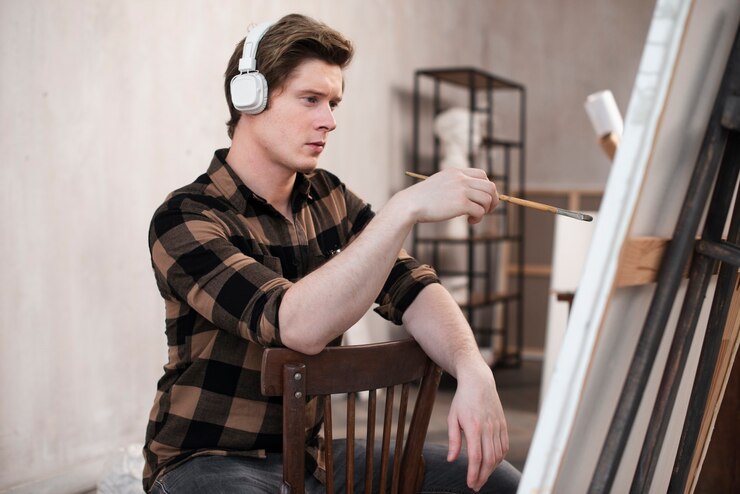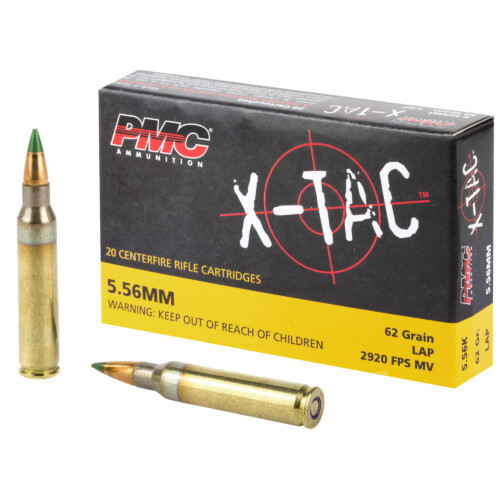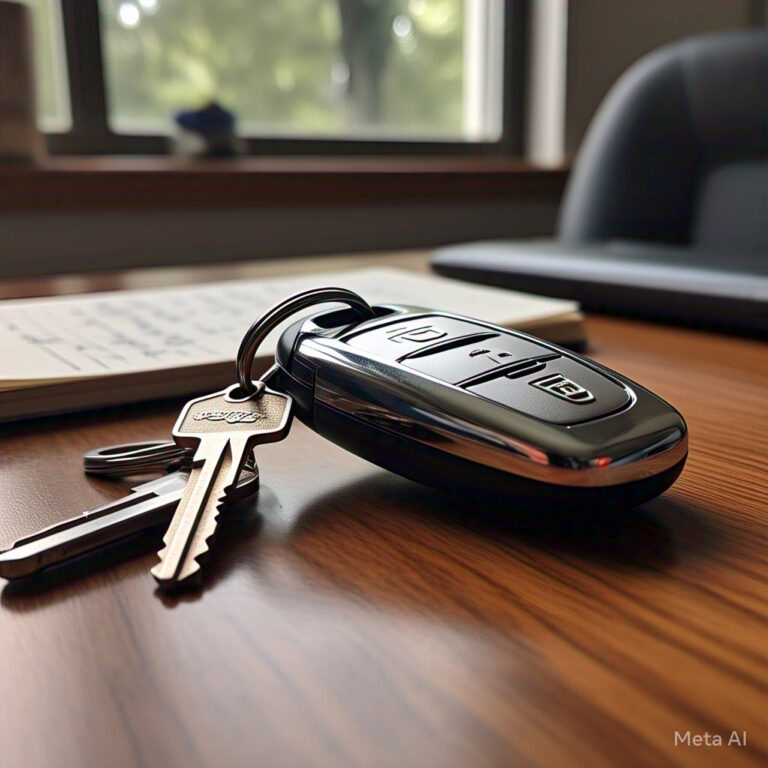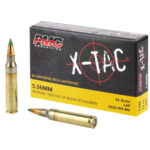Whether you’re a budding musician, a podcast creator, or a professional sound engineer, having access to a well-equipped recording studio can make all the difference in the quality of your work. Renting a recording studio offers you the ability to create in a professional environment without the hefty investment of purchasing all the equipment yourself. But how do you go about finding the right space, and what should you consider before making a decision? This guide will walk you through everything you need to know about renting a recording studio, from selecting the right one for your needs to making the most of your session.
1. Why Rent a Recording Studio?
The decision to rent a recording studio rather than setting up your own home studio often comes down to quality, convenience, and professionalism. Here are some of the top reasons why renting a recording studio is a smart choice:
- Professional Equipment: Most recording studios are equipped with high-end equipment that may be out of reach for individual creators. This includes industry-standard microphones, mixing consoles, soundproofed rooms, and advanced audio editing software. Renting a studio gives you access to these tools without the initial investment.
- Acoustics and Sound Quality: A properly designed recording studio offers excellent acoustics, ensuring that your recordings sound clean and professional. Studios are built with the optimal environment in mind—soundproof walls, floating floors, and treated spaces that control unwanted noise.
- Expertise and Support: Many recording studios have experienced engineers who can help you optimize your sound. Whether you need help with mixing, mastering, or just some technical assistance, a studio rental often includes access to skilled professionals who can elevate your project.
- Time-Saving: For musicians and producers, time is often of the essence. Renting a recording studio means you can focus solely on the creative process, without having to worry about setting up or troubleshooting equipment.
2. Factors to Consider When Renting a Recording Studio
Before booking your session, there are several key factors you should consider to ensure that the studio meets your needs. Here’s what to think about:
Budget and Cost
One of the first things you’ll want to consider is your budget. Studio rental prices can vary greatly depending on factors such as location, equipment, and duration of the session. Be sure to check if the price includes extra services like an engineer, equipment rental, or post-production services.
- Hourly or Daily Rates: Studios typically charge either hourly or daily rates. Hourly rates can range from $30 to $200 per hour, while daily rates may run anywhere from $200 to $1,000+ depending on the studio’s location and facilities.
- Additional Costs: Some studios charge extra for additional services, such as mixing and mastering, or for using specialty equipment.
Location
The location of the studio can play a huge role in your experience. Choose a studio that is easily accessible for you and your team. Consider whether it’s in a convenient location for transport, or whether you’ll need to arrange accommodations if you’re traveling from out of town.
- Proximity to Your Team: If you’re working with collaborators, ensure the studio is in a location that’s easily accessible for everyone involved.
- Noise Levels: Check that the studio is located in a relatively quiet area, especially if you’re recording sensitive audio like vocals or podcasts.
Studio Size and Space
The size of the studio matters, especially if you’re recording with a large band or have multiple people involved in the recording process. Make sure the studio has enough space to accommodate all your equipment, instruments, and collaborators comfortably.
- Live Room and Control Room: Ideally, a studio should have separate live and control rooms so that the performer can record without interference from the engineer.
- Space for Instruments: Ensure the studio can comfortably accommodate your instruments and any additional equipment you need.
Equipment Availability
Not all studios have the same equipment, so it’s important to know what’s available before booking. Some studios offer a wide array of gear, while others may have a more basic setup. If you need specific instruments or software, verify that the studio provides them.
- High-Quality Gear: Make sure the studio has high-quality microphones, mixing boards, sound interfaces, and recording software.
- Additional Services: Some studios also offer instruments like drum kits, guitars, or keyboards for you to use during the session.
Sound Engineer or Producer Support
If you’re not experienced in the technical aspects of recording, having a professional sound engineer or producer available is invaluable. Many studios include an engineer in the rental fee, but some may charge extra. Make sure to clarify whether the engineer’s expertise is included or if you need to bring your own.
- Experience: Consider whether the studio’s engineers have experience with the genre or type of project you’re working on. If you’re recording a podcast, look for engineers who specialize in spoken word; if you’re recording music, find engineers with a background in mixing and mastering for your style.
Post-Production Services
Some studios offer post-production services, such as mixing, mastering, or editing. These services can be crucial to refining your recordings and giving them a professional touch. Make sure to ask if these services are included in the rental cost or if they come at an additional charge.
3. Booking the Studio
Once you’ve found a studio that meets your needs, it’s time to book your session. Here are some tips for ensuring a smooth experience:
- Book in Advance: Studios can get busy, especially during peak seasons, so it’s a good idea to book your session well in advance to ensure availability.
- Clear Communication: Communicate your needs clearly with the studio manager. This includes letting them know about your specific recording requirements, the equipment you need, and the number of people who will be involved in the session.
- Confirm the Details: Double-check the start and end times, equipment availability, and whether additional services are included in your booking.
4. Maximizing Your Studio Time
To get the most out of your studio time, preparation is key. Here are some tips for making your recording session as efficient and productive as possible:
- Have Your Material Ready: Ensure all your songs, scripts, or ideas are fully prepared before you arrive. The more prepared you are, the more you can focus on the creative process rather than last-minute preparations.
- Bring Your Team: If you’re working with others (such as a band, singer, or producer), make sure everyone is ready to hit the ground running. Having a coordinated team will make the process smoother.
- Stay on Schedule: Time is money when renting a studio, so try to stay on schedule to make the most of your booking. Communicate with the engineer or producer ahead of time to allocate time for setup, recording, and any necessary breaks.
Conclusion: Renting a Recording Studio for Success
Renting a recording studio is an excellent way to take your creative projects to the next level. Whether you’re working on a music album, recording a podcast, or producing a sound project, having access to professional equipment and expert guidance can make a world of difference. By following the steps outlined in this guide—choosing the right studio, preparing in advance, and making the most of your time—you’ll be well on your way to producing high-quality audio that reflects your vision. So, take the leap and book that recording session today—your creative journey awaits!
Each person can develop himself in a different direction. He can choose astrology, or making a year horoscope or even art lessons.





